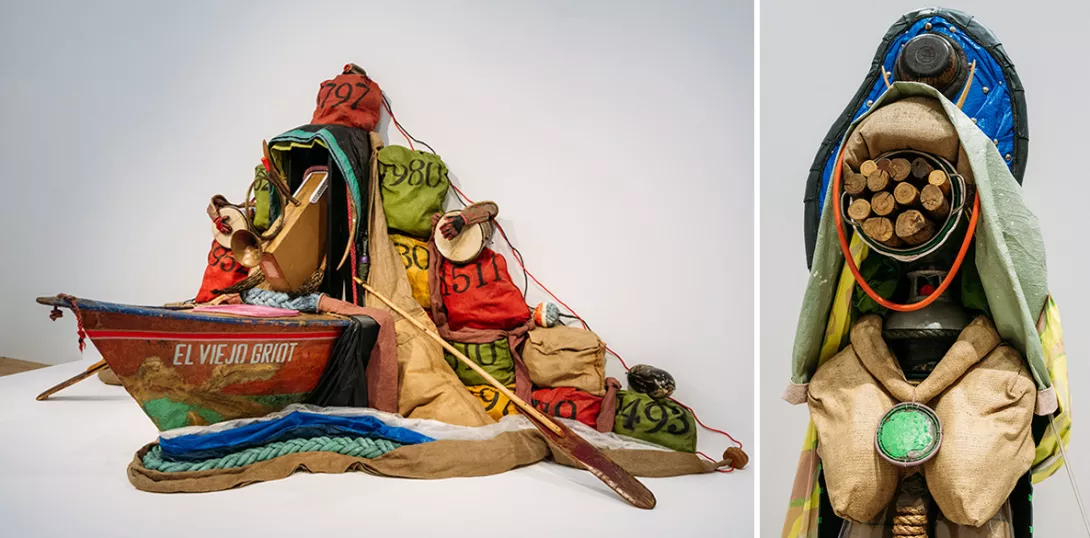ANDY HEDGECOCK relishes two exhibitions that blur the boundaries between art and community engagement
The paradox of futurist dystopias
SHEILA FITZPATRICK acknowledges the paradox that the Western vision of the Soviet Union was forged by writers who had no experience of it
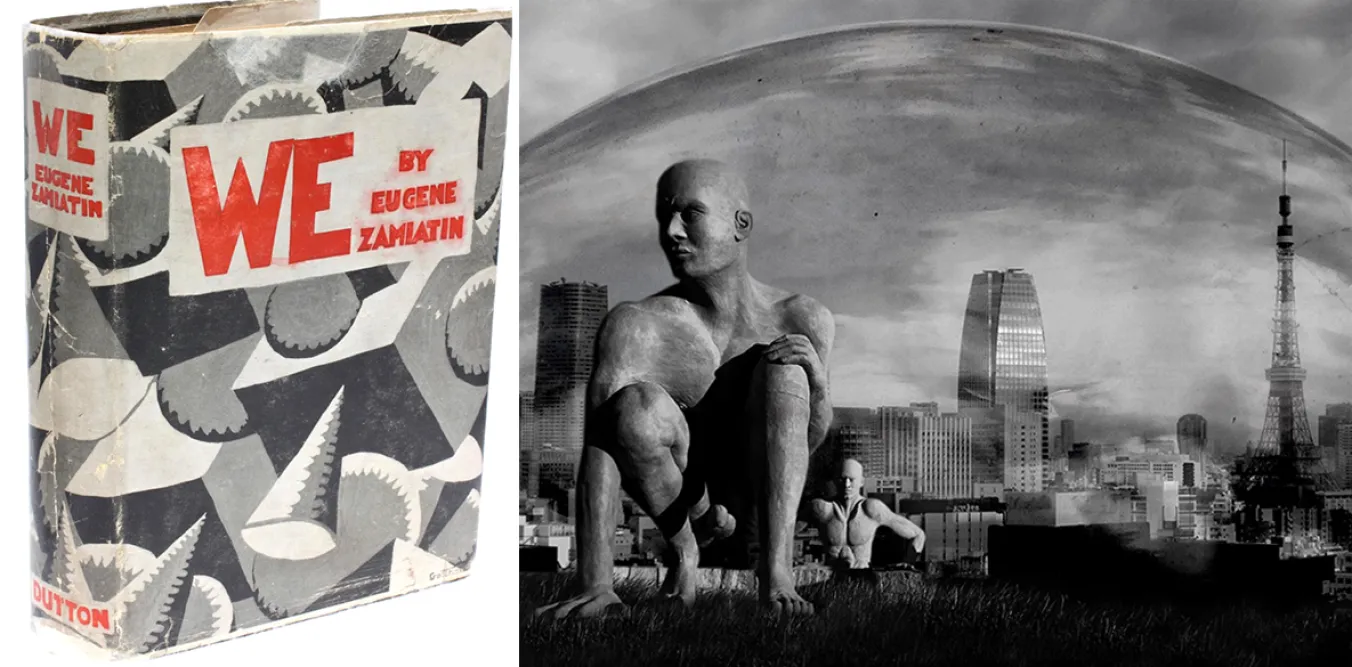
THIS year is the centenary of Russian writer Yevgeny Zamyatin’s dystopian novel We — a major influence on George Orwell’s dystopia 1984, as well as an important early contribution to the burgeoning genre of science fiction.
We and 1984 (published in 1949) were crucial influences on cold war Western imagination of the Soviet Union as a totalitarian state. But Orwell had never been there, and Zamyatin wrote his dystopia in 1920, a time of chaos and civil war just three years after the Bolsheviks seized power in Russia and two years before the Soviet Union formally came into being.
More from this author
The phrase “cruel to be kind” comes from Hamlet, but Shakespeare’s Prince didn’t go in for kidnap, explosive punches, and cigarette deprivation. Tam is different.
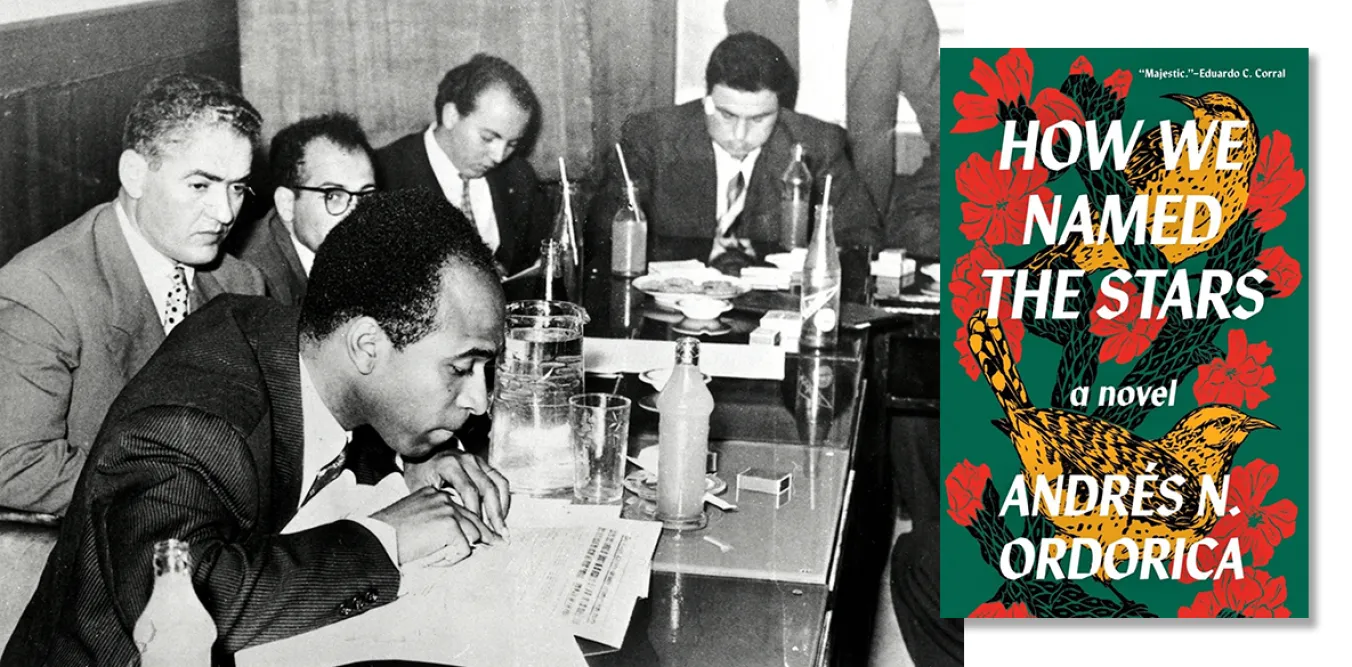
ANGUS REID deconstructs a popular contemporary novel aimed at a ‘queer’ young adult readership

A landmark work of gay ethnography, an avant-garde fusion of folk and modernity, and a chance comment in a great interview

ANGUS REID applauds the inventive stagecraft with which the Lyceum serve up Stevenson’s classic, but misses the deeper themes
Similar stories
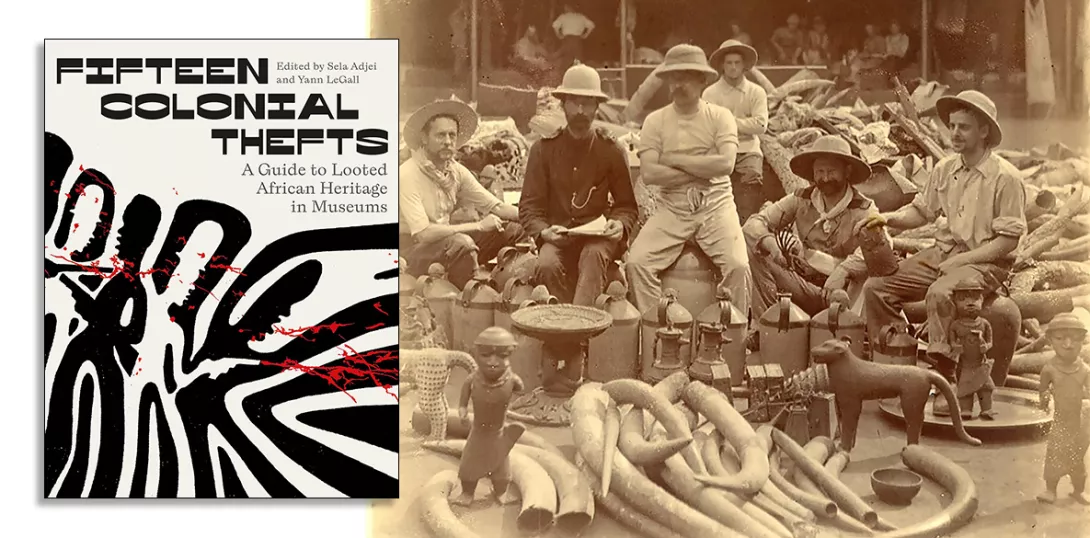
FRANCOISE VERGES introduces a powerful new book that explores the damage done by colonial theft

ABAYOMI AWELEWA celebrates AKINWANDE OLUWOLE SOYINKA, the legendary African author whose work shows the powerful role of the arts in challenging oppression, advocating for justice and inspiring social change

CHRISTINE LINDEY guides us through the vivid expressionism of a significant but apolitical group of pre WWI artists in Germany
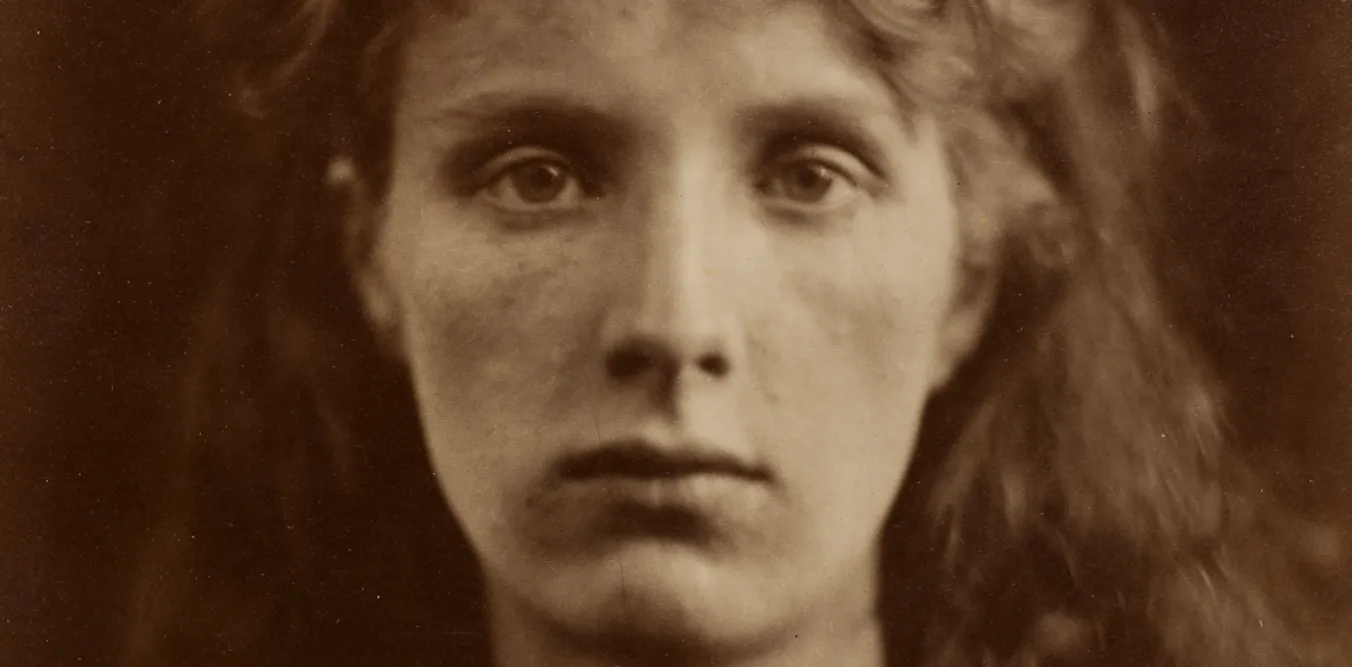
LYNNE WALSH applauds a show of paintings that demonstrates the forward strides made by women over four centuries


